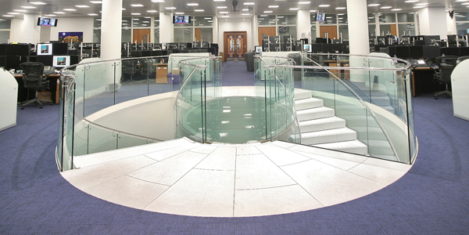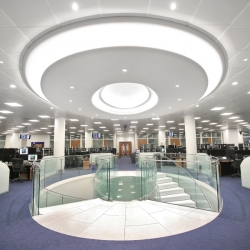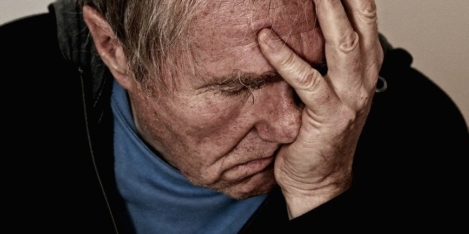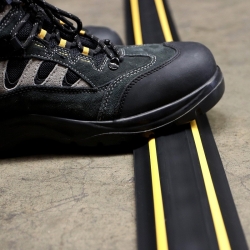May 21, 2020
Clerkenwell Design Week postponed for 2020
 The organisers announced today that Clerkenwell Design Week will now be postponed until 25-27 May 2021. The event – a must attend in the annual calendar for workplace designers and managers – had originally been postponed from its regular May date for this year to 14-16 July. “This has not been a decision taken lightly, though above all else, the health and safety of CDW’s visitors, exhibitors, clients and staff remains the number one priority in light of these unprecedented times”, said the organisers in a statement. “CDW wants to ensure the festival can be delivered safely and with everyone’s best interests at the core of its approach. (more…)
The organisers announced today that Clerkenwell Design Week will now be postponed until 25-27 May 2021. The event – a must attend in the annual calendar for workplace designers and managers – had originally been postponed from its regular May date for this year to 14-16 July. “This has not been a decision taken lightly, though above all else, the health and safety of CDW’s visitors, exhibitors, clients and staff remains the number one priority in light of these unprecedented times”, said the organisers in a statement. “CDW wants to ensure the festival can be delivered safely and with everyone’s best interests at the core of its approach. (more…)





































May 19, 2020
People working from home have the same legal protections as they do in offices
by Chris Salmon • Comment, Legal news, Wellbeing